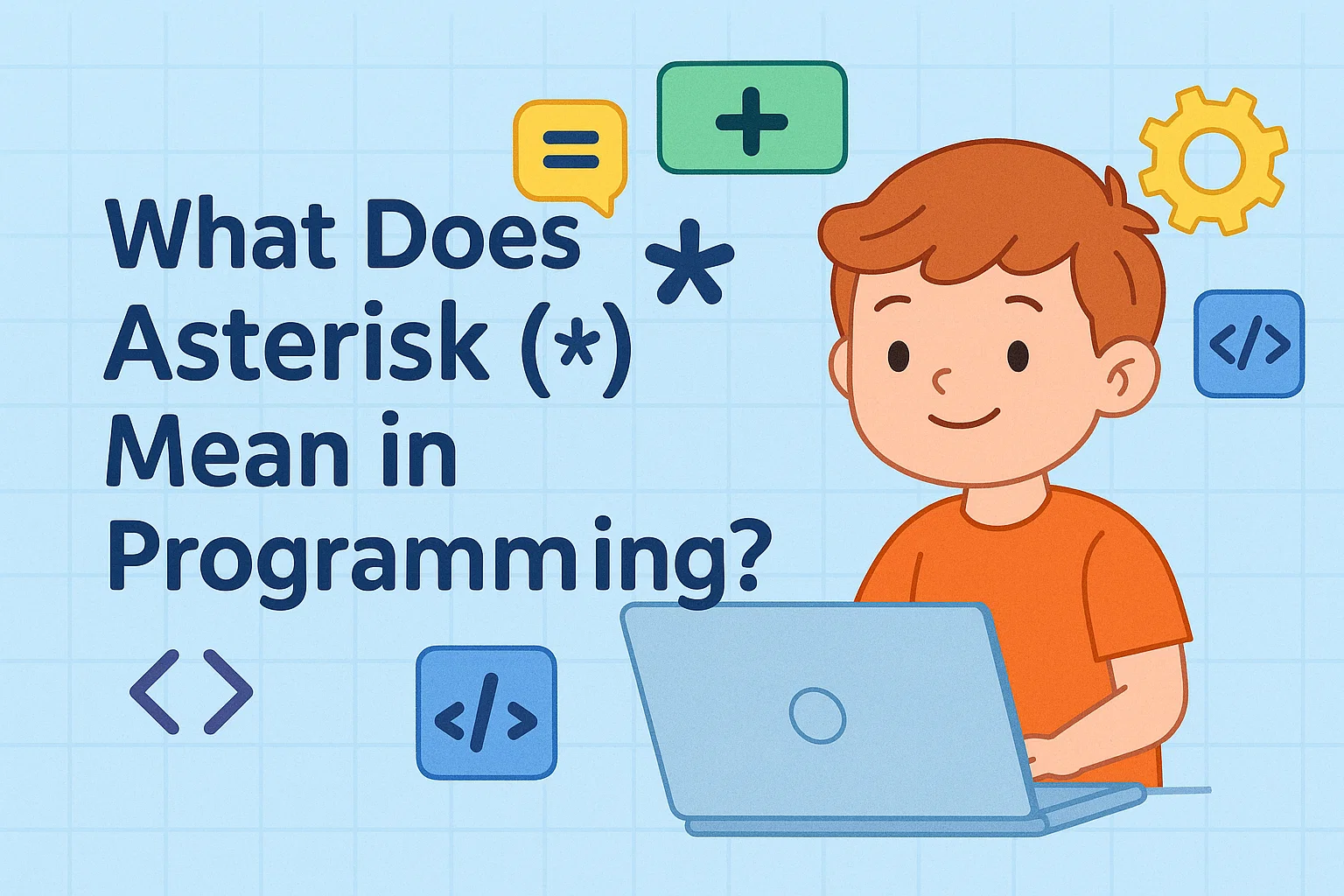What are ‘roles’? Who defines them? Is it the role of an Indian woman to ‘make tiffins for the kids’? Does the Indian man have the role to ‘entrust all his earning only for the family’s sustenance’? They both certainly can do so. The question is though, are they meant for more?
Entrepreneurship refers to an individual’s ability to turn ideas into action. It is a combination of mind-set, knowledge and skills – the role of multiple capacities. In terms of entrepreneurship, the world with its misguided social gender stigmas, has been seen to favour the masculine ideal over the feminine.
Not for long.
The largely impactful and niche feminine ideal in entrepreneurship is slowly but steadily gaining significance.
What led to the rise of women entrepreneurship?
Even though, in our current world, women are receiving education on similar levels as men, they face unemployment, due to the due diligence of the older more conservative generation’s patriarchal beliefs. Because of that, self-employment became a rave among women who wanted to make a change.
Women decided to pave their own way to generate their income. And with more women joining the league of entrepreneurs, it has become impossible for the world to recognize the power and the unique talents that women have been seen to showcase- talent and power that could be harnessed for development and for creating employment opportunities.
Once recognition hit, the nations were quick to include women entrepreneurial programmes for the national development and planning strategies.
How is Women Entrepreneurship pursued by today’s urban generation?
With the national entrepreneurship programmes in full steam, a higher number of women have been leaving the workforce to pursue entrepreneurship. Especially with women getting equal education, they have been able to recognize their capabilities and their capacity to break through the patriarchal walls and bring forth a better societal development.
Why does women entrepreneurship have a fantastic future?
Women entrepreneurs see the world through a different lens and, in turn, do things differently. They are natural networkers and relationship builders, forging powerful bonds and nurturing relationship with clients and employees alike. Endowed with the famous Woman’s Intuition that helps them make the right choices even in situations where experience and logic fail, women have the essential flair for entrepreneurship.
A mother and entrepreneur, Anu Tewary, narrates the story of her kid building code. She says, “My 5-year-old loves to program robots. Her programming language of choice is English and her favourite robot is her dad. She sits on his shoulders and gives him a set of instructions to accomplish a set of tasks.
For example- walk 6 steps, turn to the left, walk 3 steps, and voila, they’ve arrived in the kitchen, ready for breakfast. Sometimes, she intentionally introduces a bug into the system: she makes a mistake to see what would happen- if the robot turns right instead of left and walks into a wall, or has to walk backwards down the stairs. If things don’t turn out quite right, it’s interesting and fun!”
Aiding the network of women entrepreneurs directly corresponds with the views of the Planning Commission and Indian Government who recognise the need for women to be part of the mainstream economic development.
Women entrepreneurship is seen as an effective strategy to solve rural and urban poverty. The world needs women entrepreneurs, and women entrepreneurs need the necessary support. It is time to provide the support and tools to ensure that women-led businesses flourish in this decade.
Would be great to hear your comments upon: What is driving so many women to start businesses? What challenges do they face? What helps them succeed? Does gender enter the entrepreneur’s mind at all?













